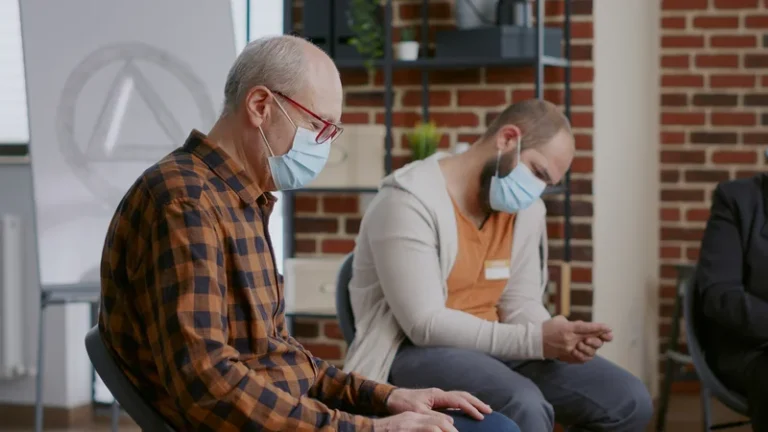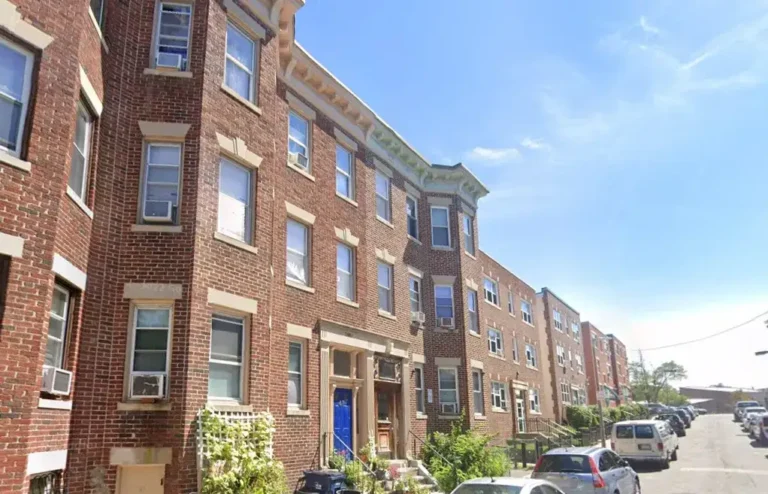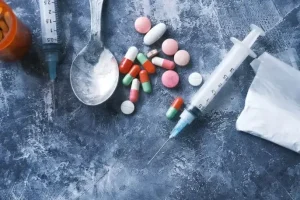
If you live with alcohol use disorder (AUD) and want to take steps to stop heavy drinking or reduce your intake, you may be concerned about possible withdrawal symptoms and whether they may make it harder for you to reach your goal. alcohol withdrawal If you already have alcohol use disorder, it’s important to seek counseling and medical care as soon as possible. The goal is to safely and gradually decrease your dependence on alcohol so that you can resume your daily life.
Stage Three of Alcohol Withdrawal
It does this by reducing the excitatory portion of the CNS called the glutamate receptors while increasing the inhibitory portion called the gamma-aminobutyric acid receptors. We’ll be able to tell you if your insurance provider is in network with an American Addiction Centers treatment facility. Remove all alcohol from your home or ask a friend or family member to do it for you. This includes beer, wine, and liquor, as well as products that contain alcohol such as rubbing alcohol and vanilla extract.

Benzodiazepines
It’s difficult to predict who will and who won’t experience alcohol withdrawal — and how severe it will be. When you stop consuming alcohol after prolonged, heavy use, your CNS can’t respond or regulate itself fast enough. It becomes overexcited because there’s no more alcohol to slow it down. Some people experience prolonged withdrawal symptoms, like insomnia and mood changes, that can last for weeks or months. Below, the three stages are broken down into an alcohol withdrawal timeline.
Outpatient Treatment

If alcohol is interfering with your health or your personal, financial, or professional life, consider quitting. When that person cuts out alcohol, there is a period when their brain hasn’t yet received the message and still overproduces the stimulating chemicals. With alcohol out of the equation, though, these chemicals cause withdrawal symptoms. The main ways to prevent alcohol withdrawal are to avoid alcohol altogether or to get professional help as soon as possible if you think you’re developing alcohol use disorder. The main management for severe symptoms is long-acting benzodiazepines — typically IV diazepam or IV lorazepam.
1. Markers useful in the emergency setting

Alcohol withdrawal can range from very mild symptoms to a severe form, known as delirium tremens. Symptoms occur in three stages, with the first symptoms typically appearing within 8 to 10 hours after your last drink if you have severe AUD. Physical dependence is more likely to occur as your tolerance for alcohol, and therefore the amount you use, increases. Dependence occurs when your brain and body begin to need a minimum level of alcohol to function normally.1 You may have trouble focusing, sleeping, regulating your emotions, and so on if you have a physical dependence on alcohol. AW seizures generally can be prevented by medications that are cross-tolerant with alcohol. For example, benzodiazepines have been shown to prevent both initial and recurrent seizures.
If your blood pressure, pulse, or body temperature rises, or if you have more serious symptoms like seizures and hallucinations, seek medical care immediately (dial 911). The exact timeline for alcohol withdrawal varies from person to person. It’s based on several factors, including how long, how much, and how regularly you have been drinking alcohol. Medicines called benzodiazepines can lessen alcohol withdrawal symptoms.
- AWS is more common in adults, but children and teenagers who drink excessively may also experience the symptoms.
- Your doctor may also use a questionnaire like the Clinical Institute for Withdrawal Assessment for alcohol revised scale (CIWA-Ar) to determine the severity of your withdrawal symptoms.
- Many agents other than benzodiazepines have been used for managing AW.
- Treatment may involve a brief intervention, individual or group counseling, an outpatient program, or a residential inpatient stay.
- The test is free, confidential, and no personal information is needed to receive the result.
In general, the course of https://ecosoberhouse.com/ is highly variable and somewhat unpredictable. Screening and assessment tools do not allow physicians to predict with confidence who will or will not experience life-threatening symptoms. Those experiencing mild alcohol withdrawal symptoms or who are concerned about experiencing withdrawal symptoms will benefit from the advice of a physician or clinician trained to assess and treat patients in alcohol withdrawal.
Get Help With Alcohol Addiction
How is alcohol withdrawal syndrome treated?
- After symptoms subside, a doctor will taper the dose until they determine the individual no longer requires medication.
- This syndrome can further progress to severe manifestations, such as alcohol withdrawal delirium, which poses significant diagnostic and management challenges.
- Minor alcohol withdrawal symptoms typically set in about 6 hours after your last drink and may last 4 to 48 hours.
